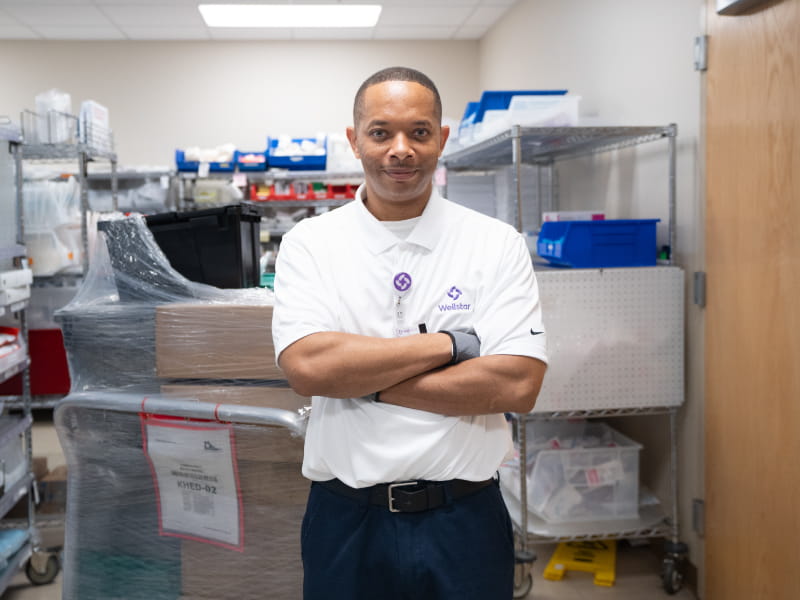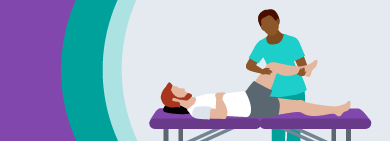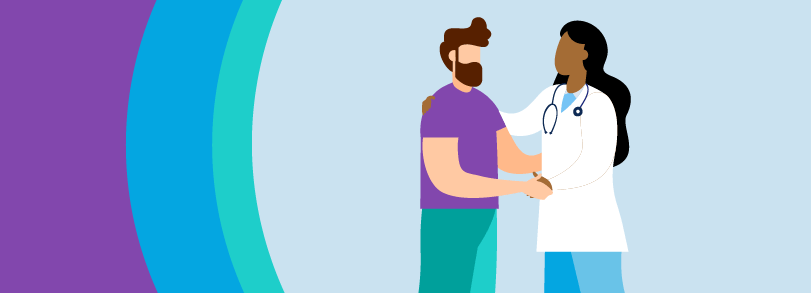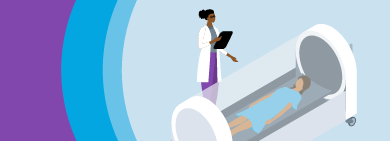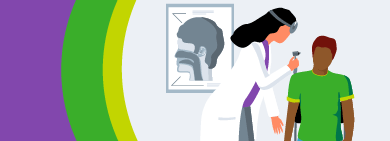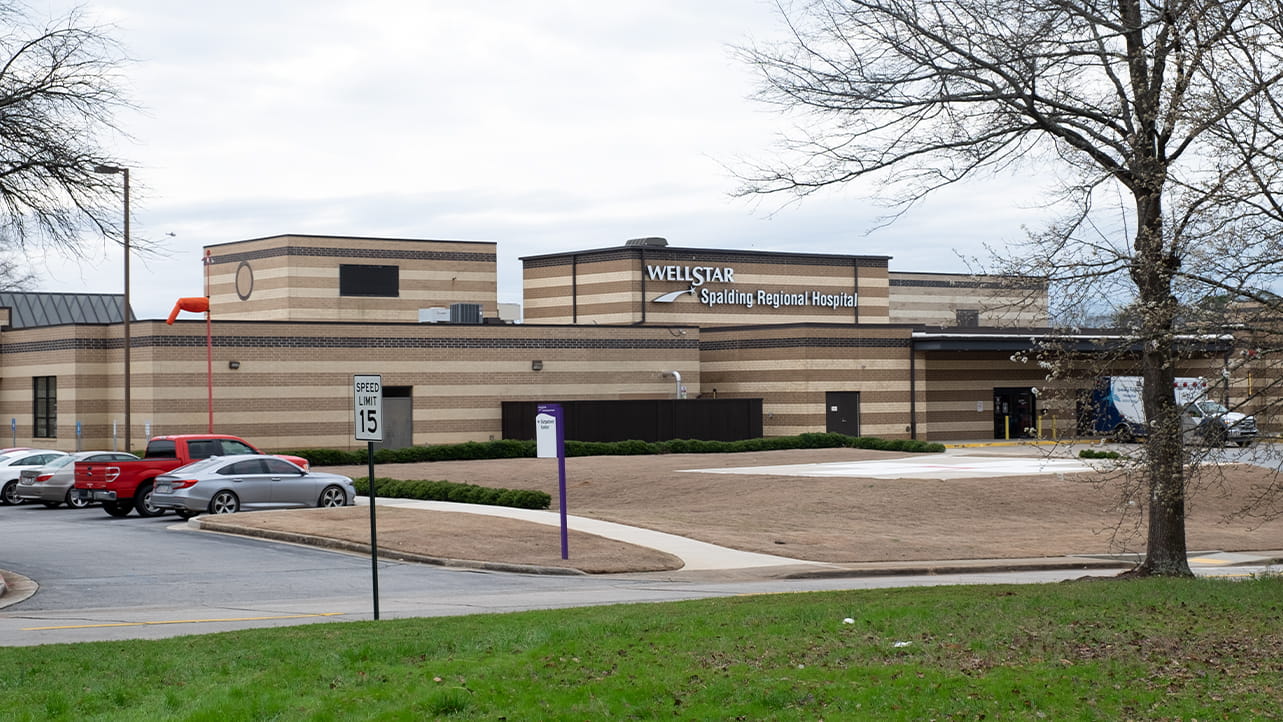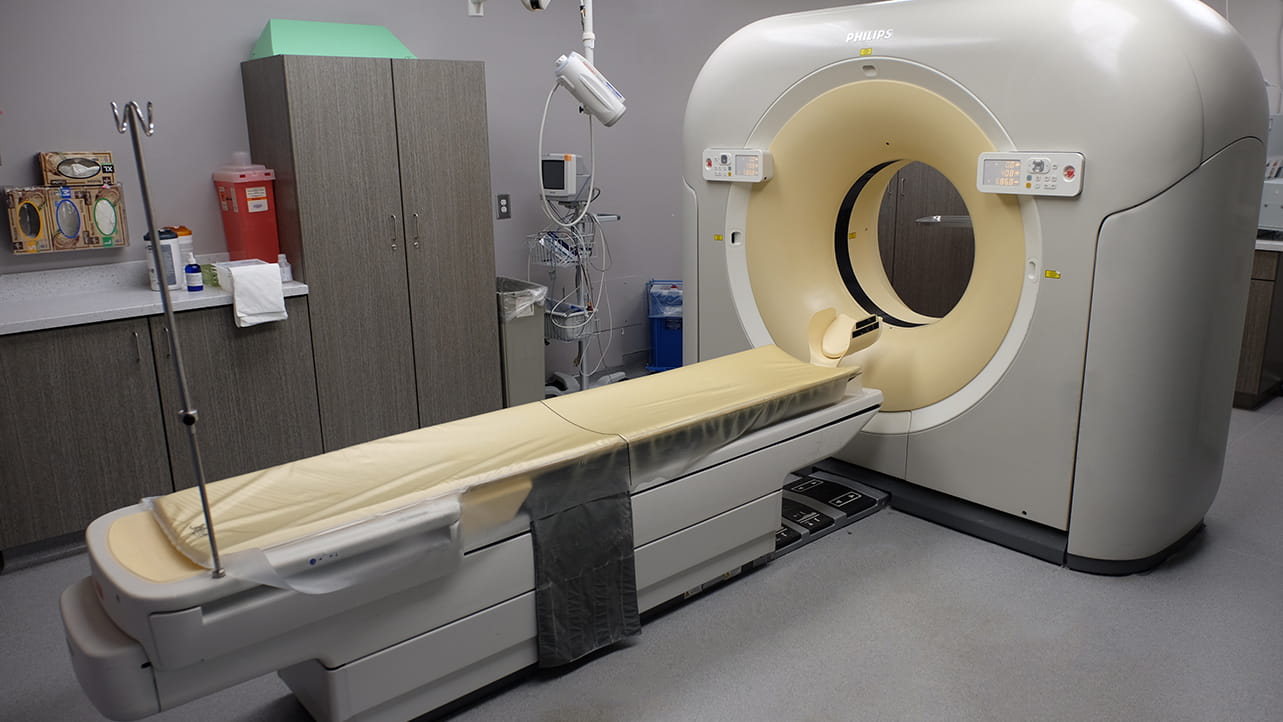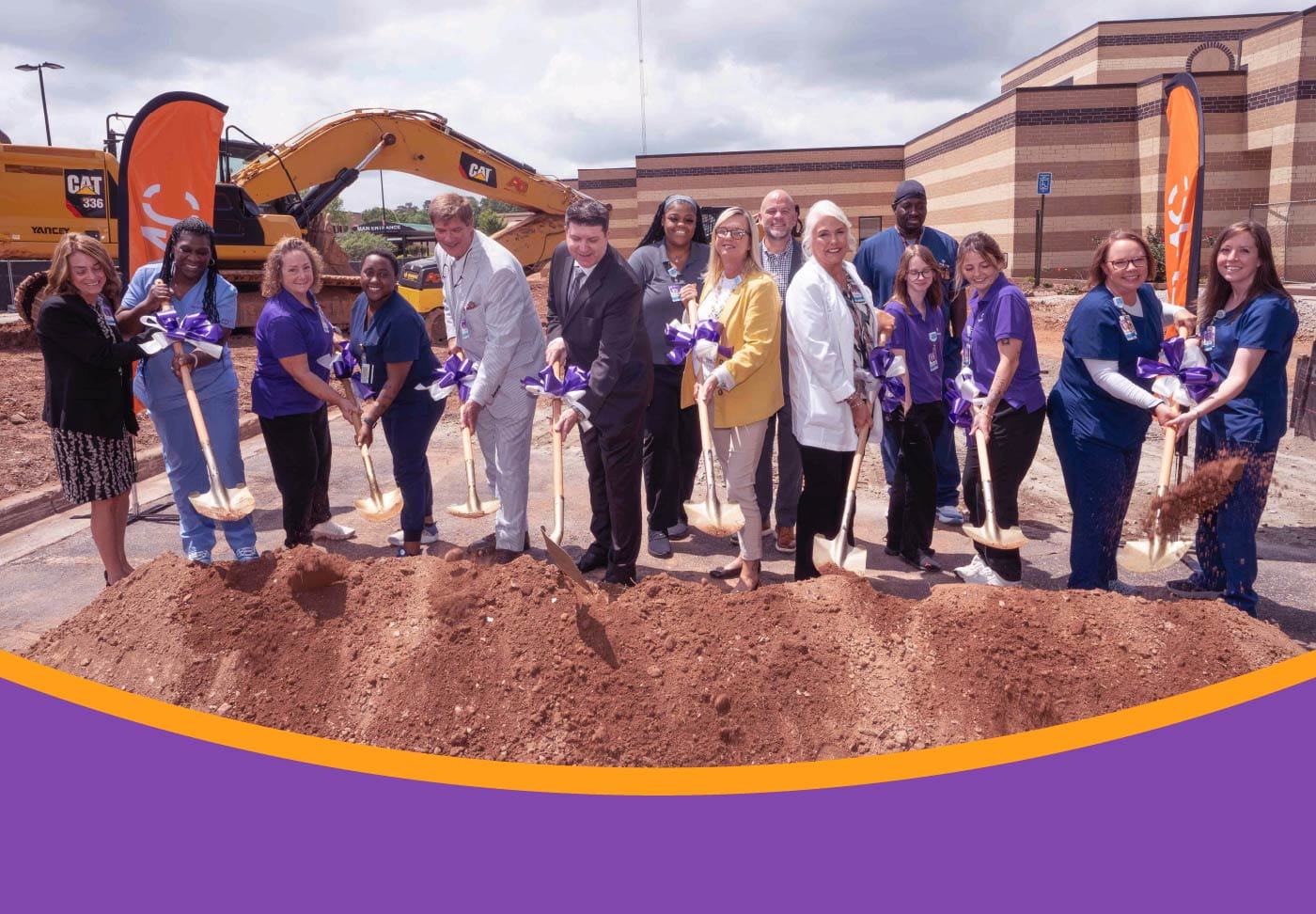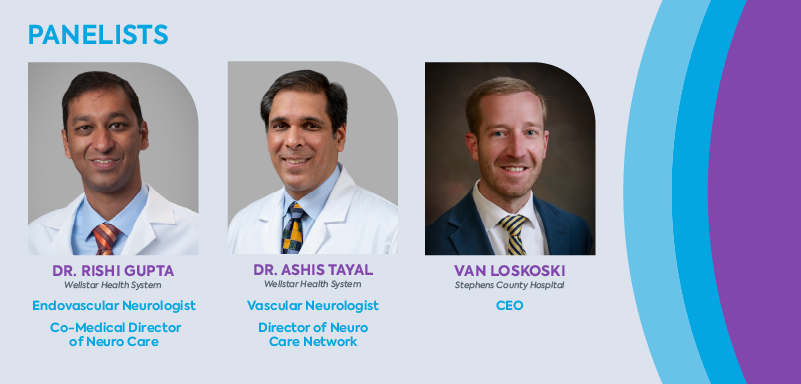Supply Chain Keeps Care Moving with WellBin
The WellBin story
Managing medical supplies across a health system the size of Wellstar is a complex task. Led by Michael McCullough, senior vice president of supply chain at Wellstar, the supply chain team completed an internal analysis revealing that inefficiencies drove up labor and distribution costs due to rush orders, excess handling and overall waste. These challenges increased the risk of stockouts and overstocking, frustrated clinicians who had to compensate for supply gaps and raised the potential for canceled surgical cases. One major issue was expired products caused by poor inventory rotation, which posed risks to both compliance and patient care. The team also found that 30% of items in supply rooms were “no-move”—sitting unused on shelves and resulting in wasted space and unnecessary costs. Additionally, supplies ordered in bulk arrived in boxes, causing overstocks and failing to meet the Joint Commission’s guidelines for avoiding corrugated cardboard on patient floors. Manual supply counting consumed hours of team member time, often leading to inaccuracies and delays. The lack of standardized processes across departments created imbalanced stock levels, while reliance on “tribal knowledge” made it difficult to consistently manage supplies and train new team members. Addressing these pain points became a critical priority for the team as they looked to improve supply chain management across the system.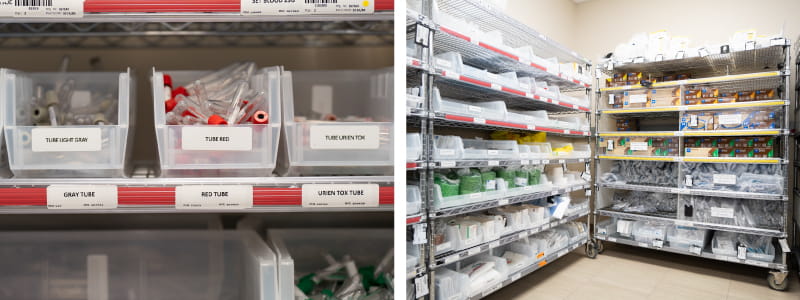
Streamlining supplies with WellBin
To tackle these problems, Wellstar rolled out an innovative medical supply system called WellBin—Wellstar’s version of the BlueBin system—which was tailored to our supply chain workflows and patient care standards. This two-bin Kanban system is customized and designed around our clinicians’ needs, ensuring they have the right amount of supplies, exactly when they need them. To achieve this, clinicians follow three simple steps:- Pull supplies from the front bin.
- Pull the full bin from the back to the front when the front bin is empty.
- Put the empty bin in the designated area on top of the rack.
Optimized inventory levels
While BlueBin recommends three to five days of inventory, Wellstar increased on-hand stock levels to eight days. This ensures clinical teams always have what they need and reduces costs related to frequent reordering.Silver cart supply delivery
Supplies from our Consolidated Service Center (CSC) are grouped by supply room and delivered on carts rather than pallets. This eliminates the need for team members to spend up to 90 minutes per day breaking down pallets and reduces cardboard waste on patient floors—supporting Joint Commission compliance.In-room staging
Instead of using a centralized staging area for replenishment, Wellstar processes replenishment directly within supply rooms—reducing lost bins, excess handling and space constraints.Dedicated implementation team
Rather than relying on external teams for setup, Wellstar worked with BlueBin to train our own teams to manage builds and maintenance. This approach ensures long-term sustainability, enables faster issue resolution and cuts implementation costs by 50%. “WellBin transformed our supply chain from a reactive, inefficient process to a proactive and clinician-friendly system,” said Jeremy Stewart, supply chain lean manager at Wellstar.